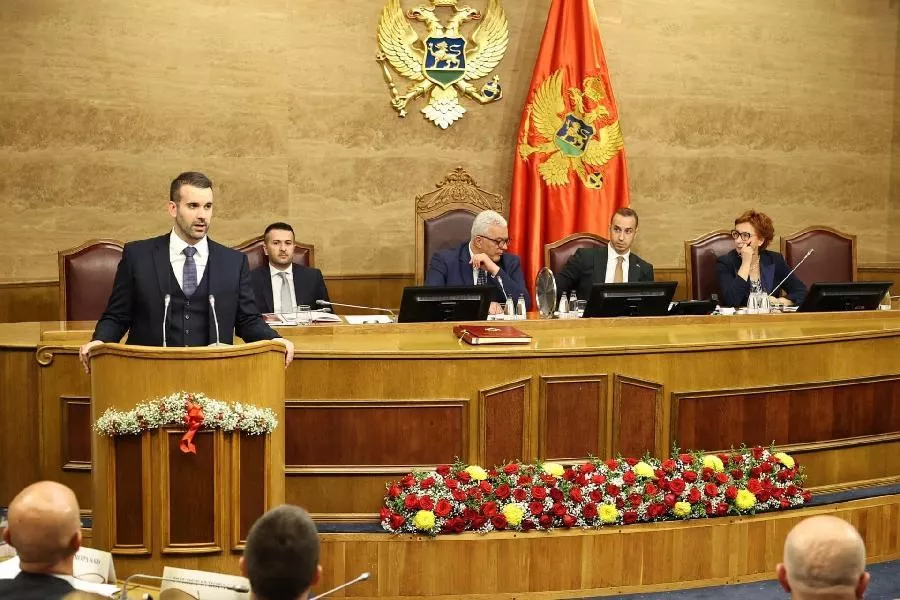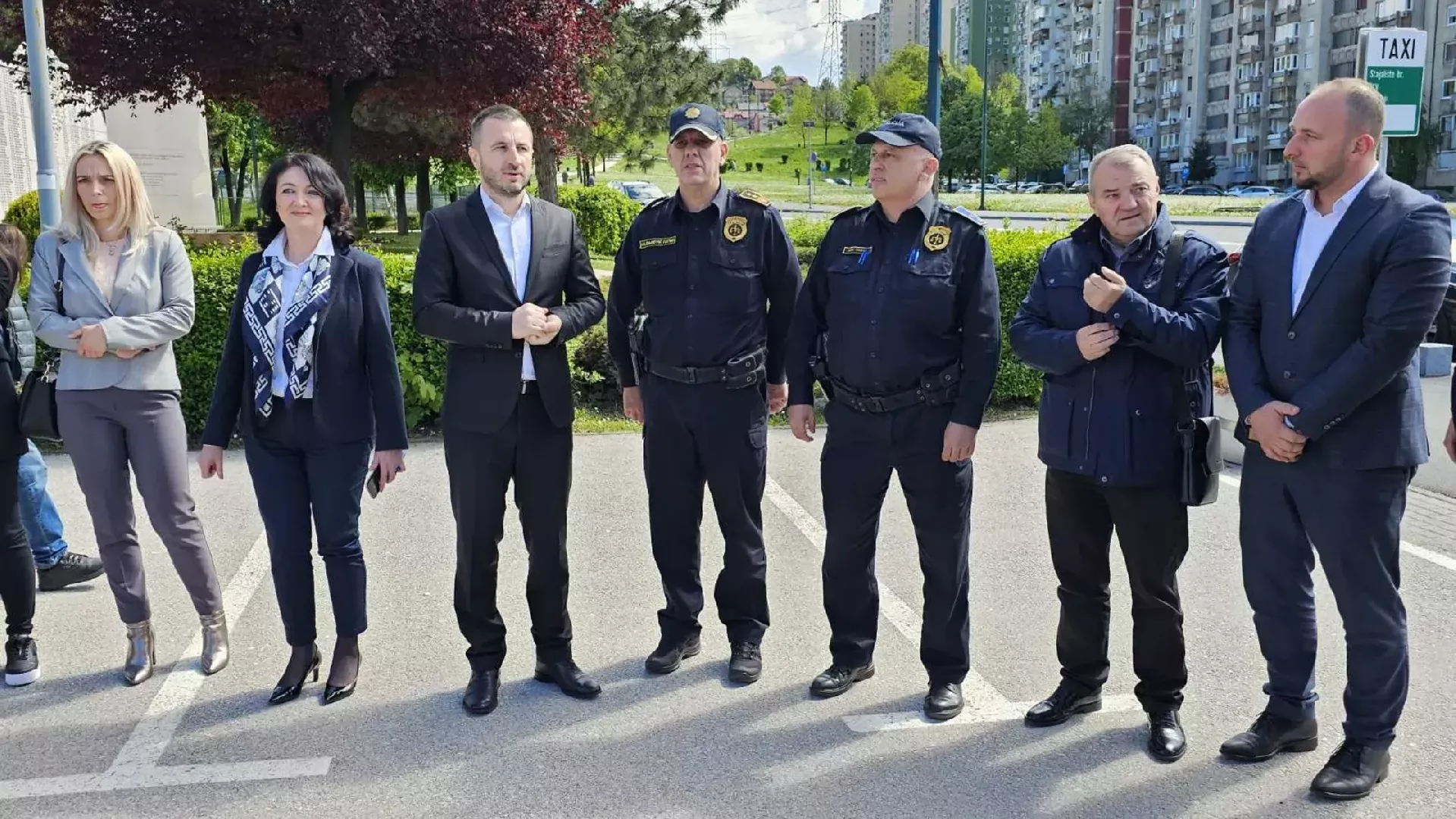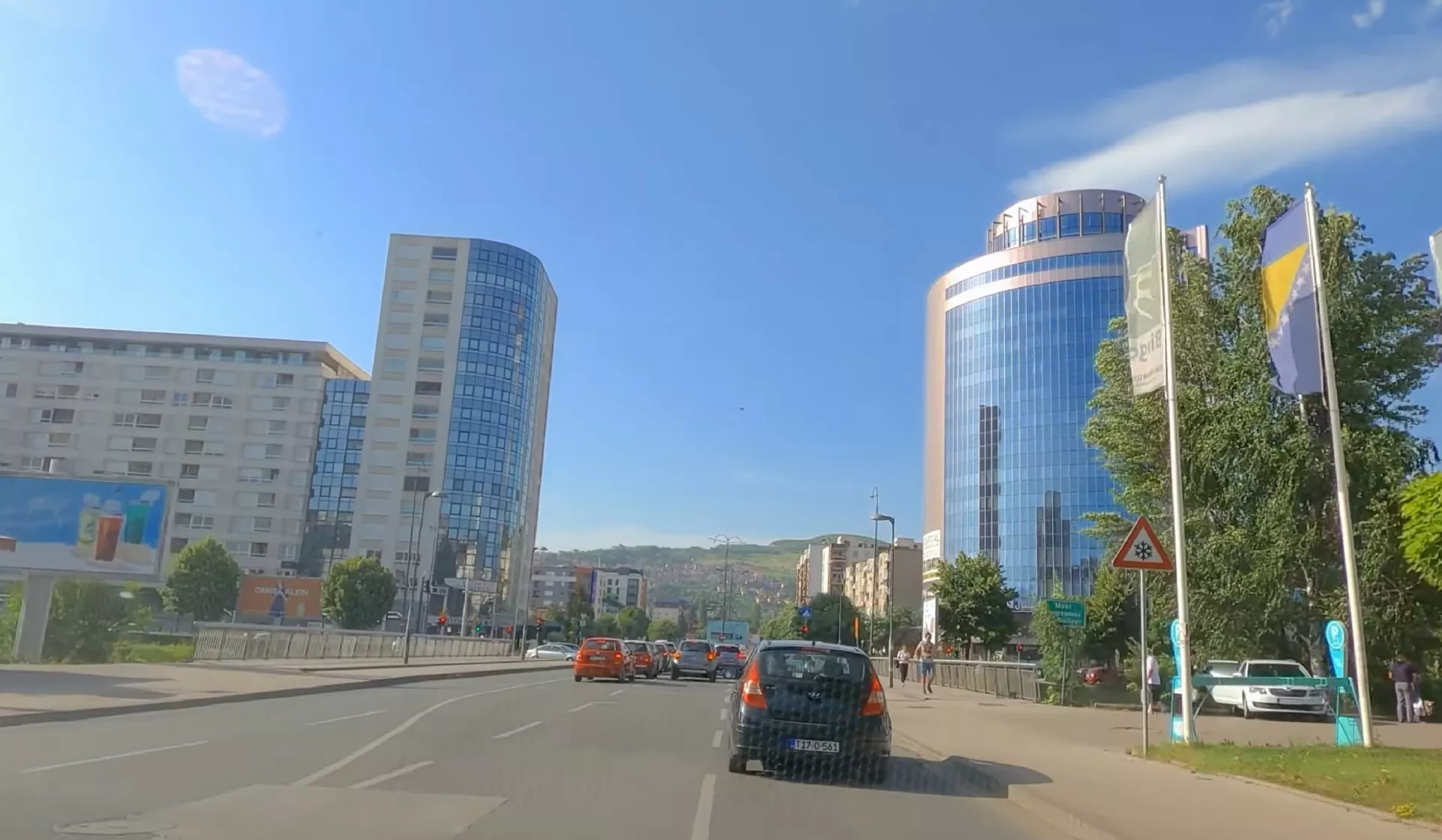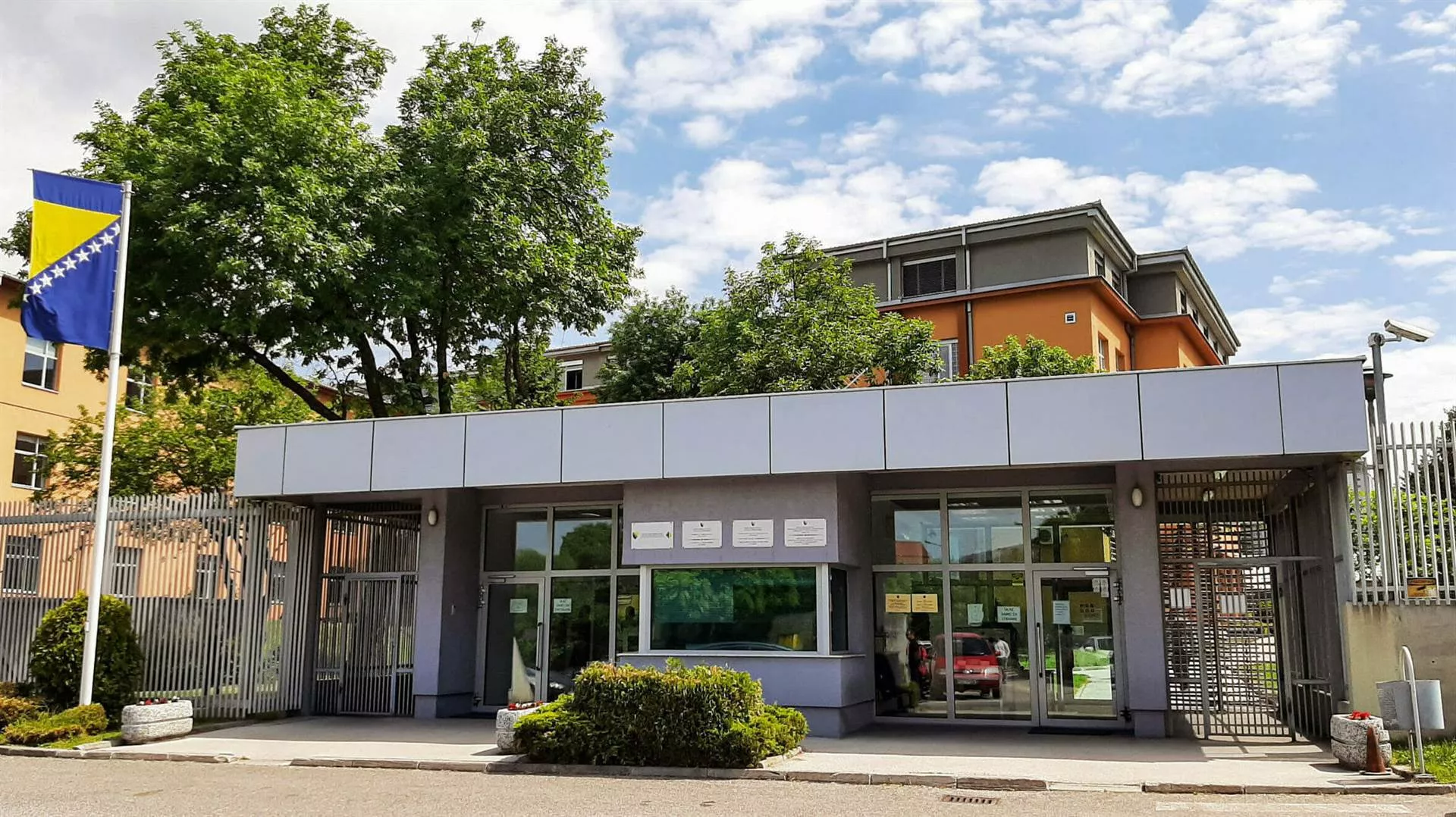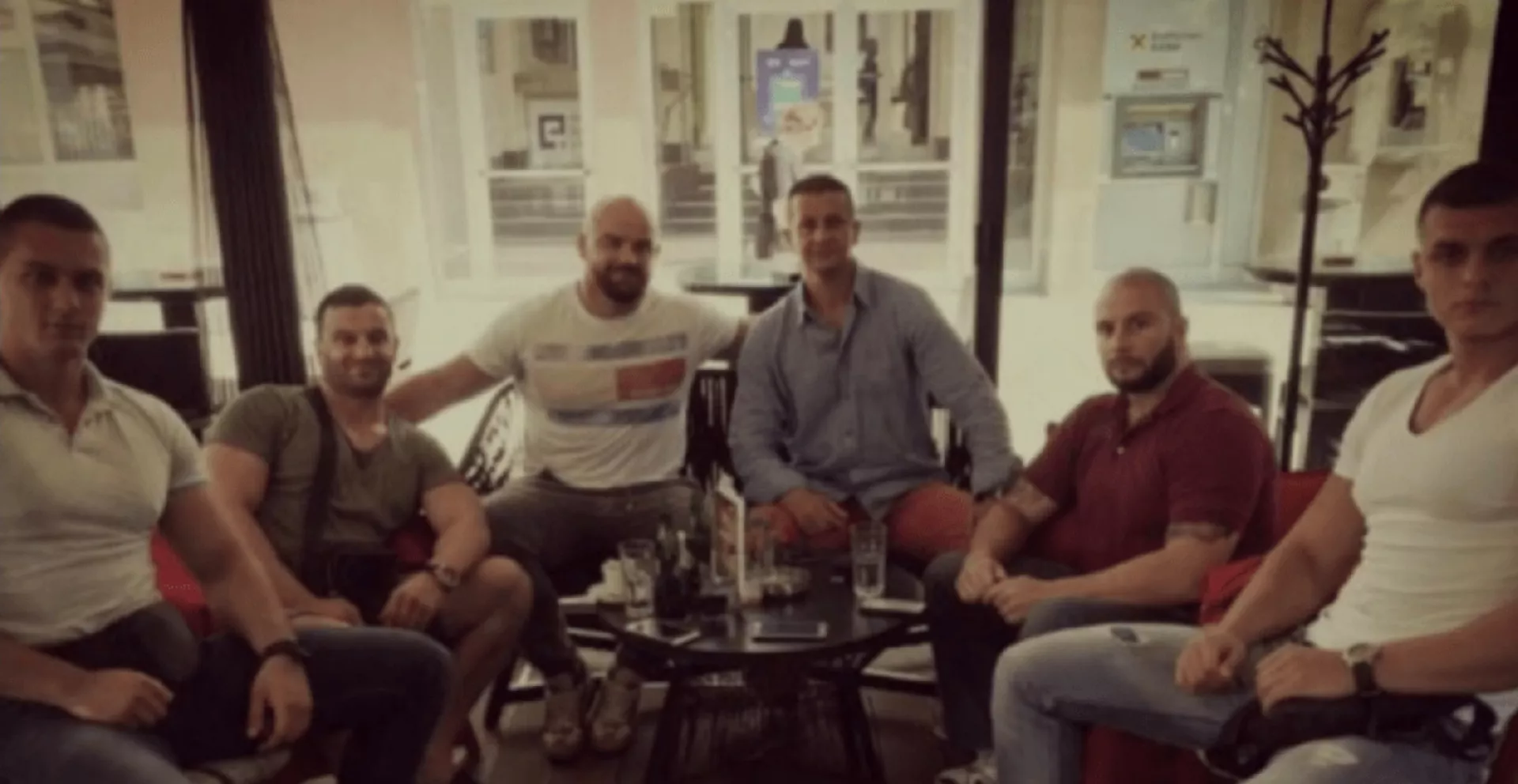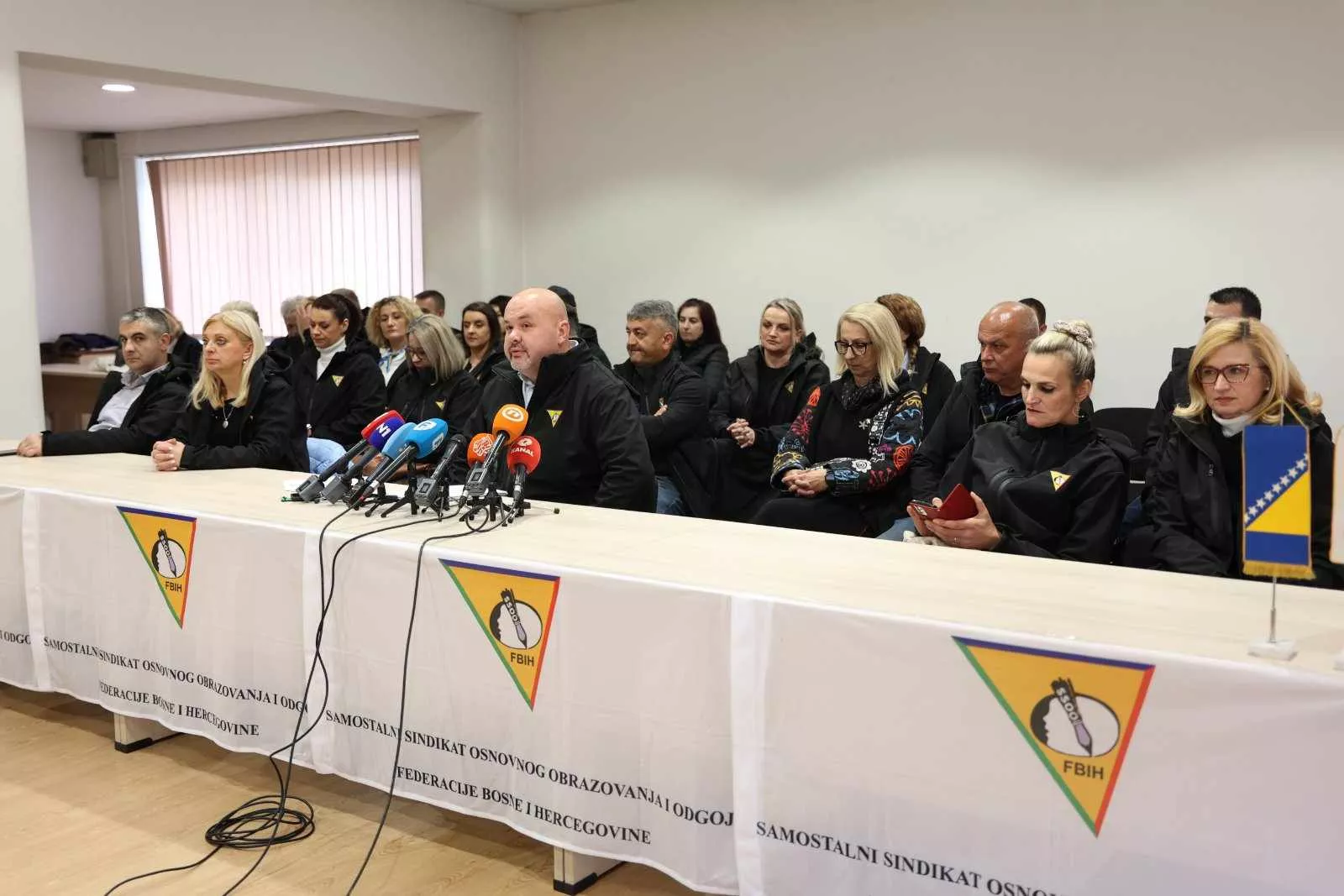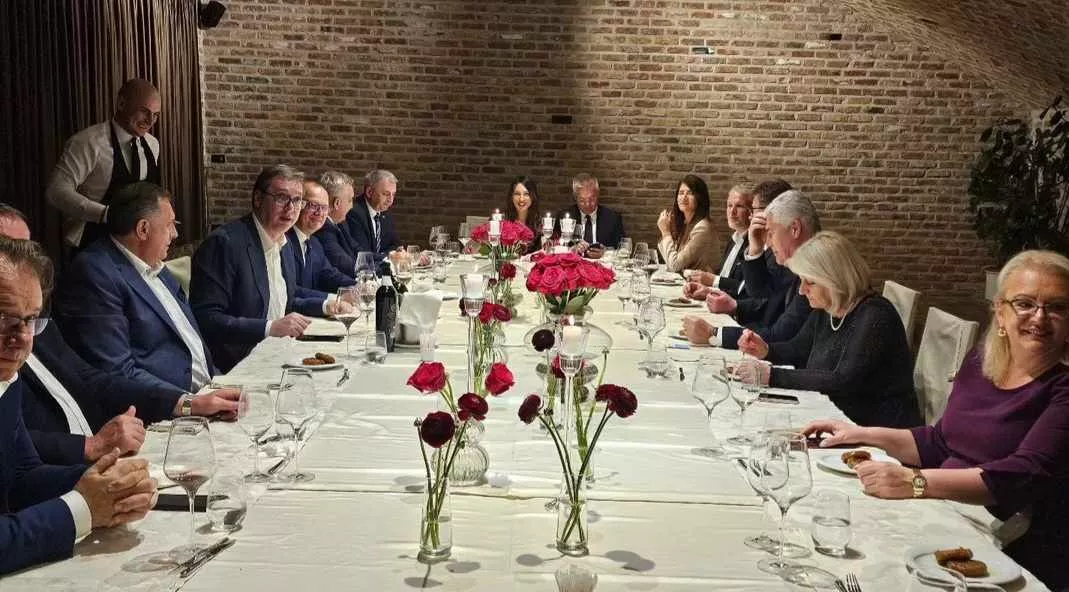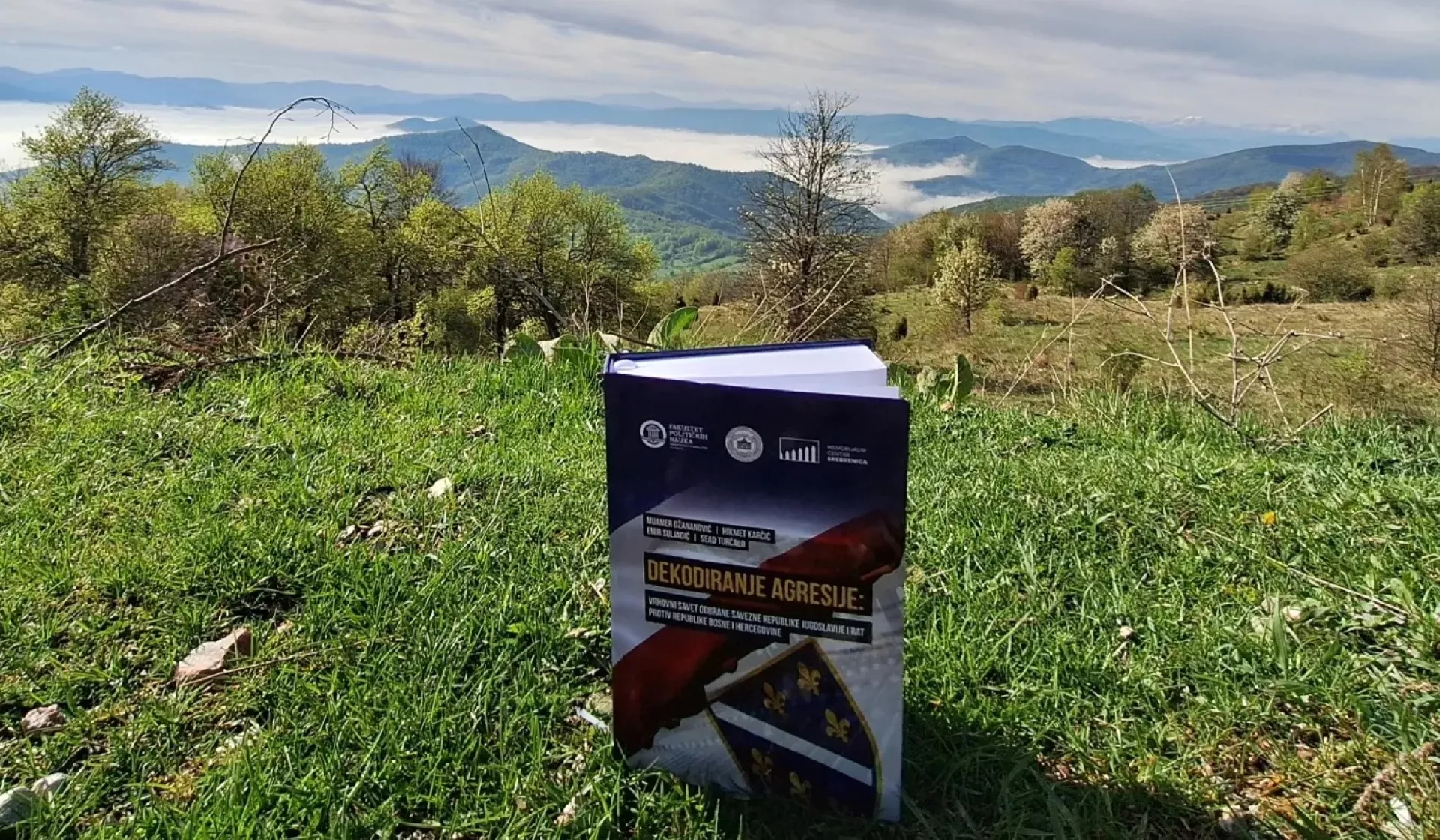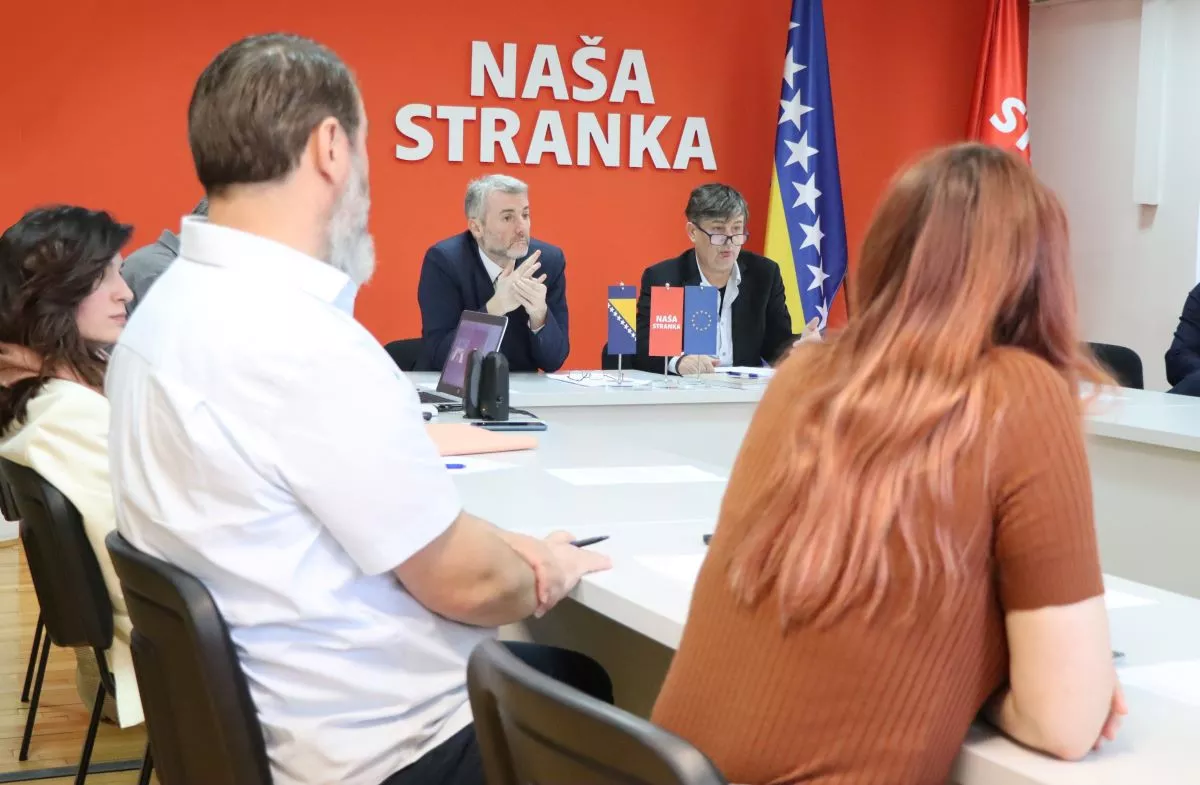


Armin Aljovic
Mirko Sarovic is considered the most successful minister in the current Council of Ministers of BiH, with a number of adopted measures and legislations that have strengthened BH economy.
One month ago he was elected the president of Serb Democratic Party (SDS), currently the biggest opposition party to Milorad Dodik and his SNSD. The experts think that Sarovic's economic and political logic could reform that party and bring it (back) to the top.
In an interview for the news agency Patria, Mirko Sarovic explained how economy could solve some political and historical problems which have held the citizens of BiH hostage for a long time.
You are approaching the end of your mandate as the most successful minister of the Council of Ministers BiH – at least that has been a common perception. You have secured for BiH the export of chicken, eggs, you have increased the export of meat to Turkey... Also, you expect Russia to open its door to BH products. Was there anything that you planned to do but failed to carry out?
- Of course, there are many pending things... The ministry is like some factory that incessantly produces various events, projects, legislations, which often remain invisible until they pass through the Council of Ministers and the Parliament of BiH.
Our efforts are not enough as some things often depend upon political and other factors. Here's an example – some object to our new Decision on quality of liquid oil fuels because they have different interests.
In addition, some unresolved issues prevent us from becoming a member of the World Trade Organization. We are only a step away from becoming a member of that global organization, however, (for example) we haven't reached an agreement with Russia in our bilateral negotiations regarding the access to the markets.
We often have a problem with other levels of power that tend to withhold necessary consent, positive opinions, particularly in the realms with shared authority.
What is the benefit of the Decision on quality of liquid oil fuels for the citizens of BiH and why would anybody have an interest in blocking it?
- Whenever we put forward a decision or a legislation, we consider whether it is an obligation for BiH or it is a common interest of citizens such as the said decision. More precisely, that decision would secure a better quality fuel for the citizens, reduced air pollution for people and animals, it would secure a longer duration for cars, an orderly market and more money in the budget. Last but not the least, that decision would help us to fulfill obligations towards the Energy community, adhering to the European standards in this sector.
Having said that, there are obvious interests to maintain the existing yet outdated Decision from 2011 which does not uphold the advanced European standards, inter alia allowing import of poor quality fuel into BiH.
Do you fear the situation in which BiH will not have anything to offer to the EU other than the export licenses that you have secured? Serbia has its agriculture, Montenegro tourism... What is your vision for the economy of BiH?
- We are not the country that can boast about its large quantities to deliver; mainly because of our size. We have small fruit and vegetable production, a modest production of animal origin food... which is quite clear and logical.
However, I have to say that we get to export the most demanding quality products to the European Union with a considerable share of labor and creation, therefore, we produce high standard products, and not only agriculture produce as is often thought.
China is a very good example for us, as it has agreed to import some of our products. Having said that, we could never meet enormous demands of the large Chinese market, not even some big Chinese city... nevertheless, we can send a quality product to China, with a marked geographical origin of Bosnia and Herzegovina, made and branded as 'organic'. Such products are always more expensive and have their regular buyers.
Farmers from the RS and the Federation BiH recently initiated forming of a state farmers' association. Is such consolidation the right way to approach the international market?
- Europe usually requires one point of contact... of course, not always, we can talk in other ways too, but having one point of contact is the preferred model for Europe. If the farmers think that that's better for them, they should not be prevented from doing so. It is a free nonpolitical association and why should anyone obstruct their intention to organize themselves so that their voice can become stronger. They will sooner and more easily realize their goals if they are stronger as oppose to being scattered in several associations.
What do you think about the idea of a joint economic market for the West Balkans countries that Serbian president Vucic has advocated for? Could that be the first step towards strengthening the regional economy?
- I think that president Vucic, at least in the first phase, spoke about the customs union. Some have accepted it, others have not probably because it rang like a state union to them. There's now more talk about one regional market, which is essentially more than CEFTA. Sort of CEFTA Plus. That is a balance that could be accepted at this stage in the region by most members.
The way I see it, a unified regional market would entail a free market of goods, services and capital, a free labor market. It could also mean mutual recognition of university diplomas, professional qualifications, and freedom of movement with an ID for example... It could mean that the borders would no longer present a barrier, like in the EU countries.
All that would give a strong boost to the economic and trade activities in the region... However, a comprehensive agreement of the regional countries endorsed by the EU is required for such initiatives and ideas.
Do you think it would stop people in the region from leaving their countries, at least to a degree?
- Absolutely, it should be looked at in such way.
In one of the past interviews, you said that BH citizens lack awareness of the local goods. How could that be changed?
- In BiH people should develop conscience about buying and supporting local goods. The sense of belonging that could result in buying local produce is not something that can be achieved in a day; a great deal of time is needed for our conscience to mature so that, when we come to a shop to buy something, we turn the product around in our hand to check its country of origin – if it is local, we put it in the basket. When you go to Switzerland, for example, there you get to see the true meaning of that sort of economic patriotism. That is what we need. We once tasted that when we had a dispute with Croatia over milk, when many of our folks started buying only local milk. Larger purchasing of local produce would considerably boost the economic growth of our country. We can't even begin to imagine what could happen if more people were to buy local products by habit – and almost everything we consume has its local alternative.
The annual assembly of the European Bank for Reconstruction and Development recently held in Sarajevo brought together some 3000 participants. Is that some sort of a message that foreign investors still see BiH as a potential market?
- By all means, even though we have to change their (investors') perception of our country. We simply have to change the image of BiH, we have to make it more attractive and desirable for the investors. The EBRD showed us that we could bring over the most prestigious companies, that we could have the most important global finance institutions to follow us.
You are of the opinion that some public companies, and even some public properties should be privatized... You may get accused of working in the interest of capitalism. What is your counter argument?
- I fall in category of those who believe that the state is the weakest employer, and that those who advocate for keeping the key resources in the hands of the state – propagate fake patriotism.
Actually, that is a cover up for (mis)using and robbery of public resources for the interests of political parties. As long as something is public and owned by the state, it will be the object of corruption and robbery, exactly as political elites want it to be.
They have a problem with privatization of, say, one part of Electroprivreda because it would not allow them to steal. Let's be clear, I'm not advocating for sale of public properties but for all that is public, a strategic partner should be sought to look after those properties.
Is that also the case with Aluminij?
- Aluminij was in some party (political) and national hands for too long, and less in the hands of those who could have made it a regional giant, which is what Aluminij deserves.
In BiH, even investments are observed in the context of 'national'. Could BiH come to bring together instead of divide the investors?
- Our people are prisoners of some incredible prejudices which are hard to uproot. Go to Dubai, for example, and look at those incredible skyscrapers. Do you think that people from the Emirates have built those? No, not at all, they were built by some Chinese, some Englishmen, some Americans, while people from the Emirates have only created an ambiance for building and investing. As far as BiH goes, some day when we quit thinking where the capital has come from, we may shift things around as regards the investments. We should open up the space for whomever wishing to invest (EU, Turkey, Russia, China...), of course, providing their full respect for rules of this country. Whoever makes something here, it stays here. The buildings do not have wheels for them to be taken away.

